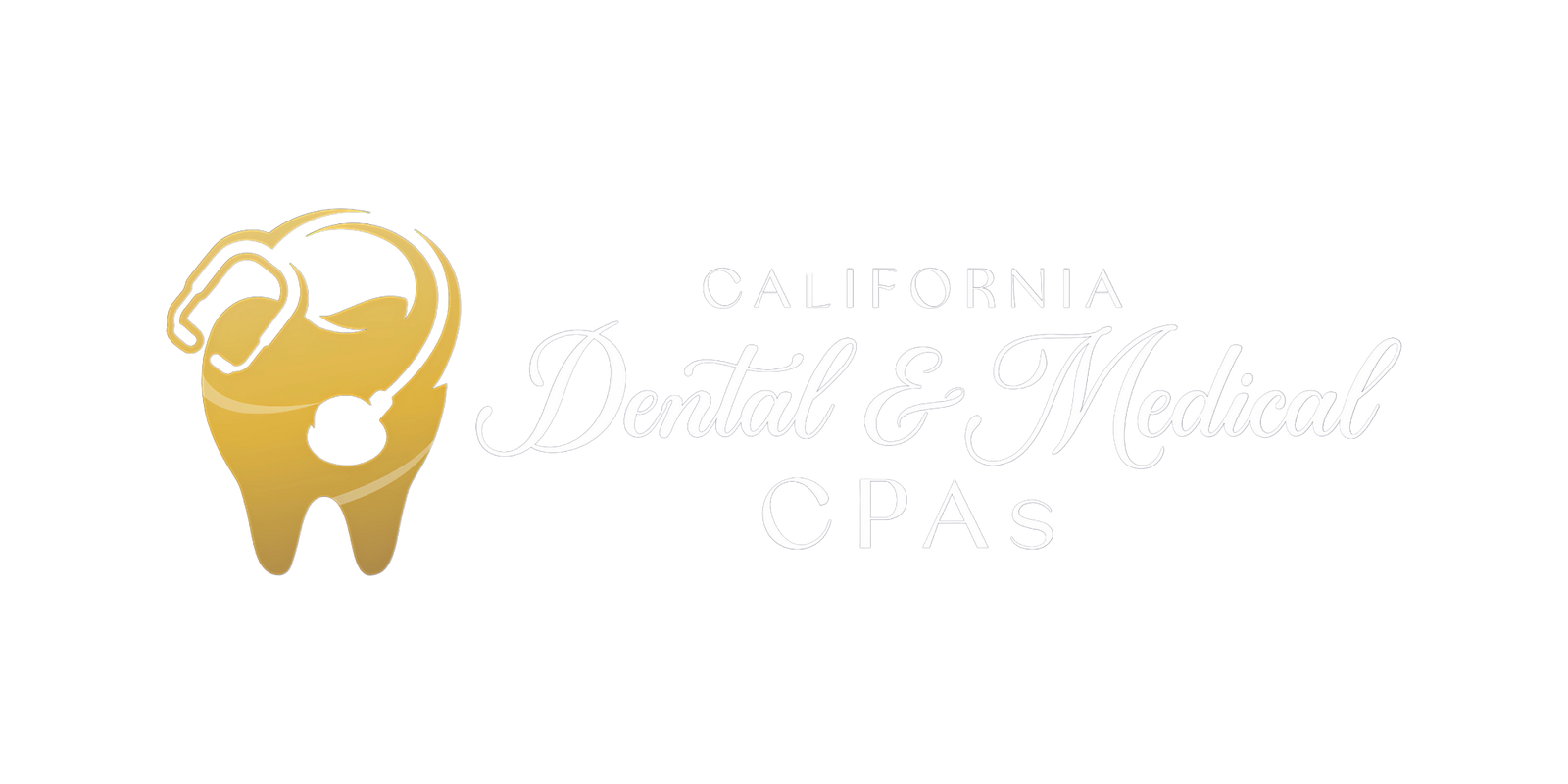Healthcare accounting is more than just crunching numbers. It’s about understanding the specific needs of medical and dental professionals to help them thrive financially. With the right accounting support, these practices can focus on what they do best: providing top-notch patient care. This article explores the unique challenges faced by healthcare providers and how specialized accountants can help navigate those complexities.
Key Takeaways
- Healthcare accountants know the ins and outs of regulations like HIPAA and Medicare, ensuring compliance.
- Managing finances in healthcare can be tricky, but specialized accountants can help streamline billing and collections.
- Outsourcing accounting tasks can free up time for medical professionals to focus on patient care.
- Using technology and automation can make financial processes more efficient for healthcare practices.
- Partnering with healthcare accountants can lead to better financial health and long-term growth for your practice.
Understanding Healthcare Accounting: Beyond the Basics

Healthcare accounting isn’t just about balancing the books; it’s a specialized field with its own set of rules and challenges. It demands a deeper understanding of the healthcare industry and its unique financial landscape. Let’s explore what sets it apart.
Specialized Knowledge and Unique Industry Concepts
Healthcare accounting requires specific knowledge that goes beyond general accounting principles. For example, understanding how dental accounting services work is crucial. This includes familiarity with medical billing processes, insurance reimbursements, and the nuances of revenue cycle management. It’s not just about debits and credits; it’s about understanding the flow of money in a healthcare setting.
The Role of Complex Regulations (HIPAA, Medicare, etc.)
Healthcare is heavily regulated, and these regulations have a direct impact on accounting practices. Compliance with HIPAA, Medicare, and other regulations is not optional; it’s a must. Failing to comply can result in hefty fines and legal repercussions. For example, you need to know how to handle patient data securely and how to properly bill Medicare for services rendered. These regulations affect everything from how you record transactions to how you prepare financial statements. The IRS also has specific rules, such as those for reporting payments to independent contractors.
Essential Healthcare-Specific Financial Reporting & Metrics
Standard financial reports don’t always tell the whole story in healthcare. You need to track specific metrics that are relevant to the industry. This includes things like:
- Days in accounts receivable: How long it takes to get paid.
- Net collection rate: The percentage of billable services that are actually collected.
- Cost per patient visit: How much it costs to provide care to each patient.
By monitoring these metrics, you can gain valuable insights into the financial health of your practice and identify areas for improvement. Improving cash flow for healthcare providers is often a primary goal, and these metrics can help you achieve it.
Key Financial Challenges Facing Dental & Medical Practices

Navigating Time and Resource Constraints
Running a dental or medical practice demands significant time and resources. Many practitioners find themselves stretched thin, juggling patient care with administrative tasks. This often leaves little room for focusing on financial management. For example, a dentist might spend more time on procedures than on analyzing monthly expenses, potentially missing opportunities to cut costs or improve revenue. This is where small business dental practices can benefit from outside help.
Addressing Complex Revenue Cycle Management & Billing Issues
Revenue cycle management (RCM) in healthcare is notoriously complex. From coding and claim submissions to dealing with insurance denials and patient billing, the process is fraught with potential pitfalls.
Consider these points:
- Incorrect coding can lead to claim rejections, delaying payments and impacting cash flow.
- Changes in insurance policies and regulations require constant monitoring and adaptation.
- Patient payment collections can be challenging, especially with rising deductibles and co-pays.
Effective RCM is vital for maintaining a healthy bottom line. Practices need systems and expertise to ensure accurate billing, timely collections, and minimal revenue leakage.
Staying Ahead of Regulatory Compliance Pressures
The healthcare industry is heavily regulated, and compliance is non-negotiable. HIPAA, Medicare, and other regulations impose strict requirements on data privacy, billing practices, and operational procedures. Failure to comply can result in hefty fines and reputational damage. For instance, practices must invest in secure electronic health record (EHR) systems and train staff on compliance protocols. It’s a lot to handle, and that’s why strategic financial planning for healthcare practices is so important.
Comprehensive Accounting Services for Dental & Medical Practices

Outsourced Accounting & Controllership Solutions
Running a dental or medical practice demands your full attention. Outsourced accounting services for dental practices can free up your time. Instead of struggling with day-to-day financial tasks, you can focus on patient care. We handle everything from bookkeeping to financial reporting, giving you peace of mind and accurate financials.
Optimizing Revenue Cycle Management (RCM) and Collections
Effective revenue cycle management is vital for a healthy bottom line. We streamline your billing processes, reduce claim denials, and accelerate collections. This means more money in your pocket and less time spent chasing payments. Our RCM solutions are tailored to the specific needs of dental and medical practices.
Strategic Financial Planning, Budgeting, and Analysis
Looking ahead is key to long-term success. We help you develop realistic budgets, forecast future performance, and make informed financial decisions. With our strategic financial planning, you’ll have a clear roadmap for growth and profitability.
Leveraging Technology and Automation for Efficiency
Technology can transform your accounting processes. We implement automation tools to streamline tasks, reduce errors, and improve efficiency. From cloud-based accounting software to automated billing systems, we help you manage expenses and stay ahead of the curve.
Streamlining Audit Preparation and Internal Controls
Audits can be stressful, but they don’t have to be. We help you prepare for audits by ensuring your financial records are accurate and organized. We also implement strong internal controls to protect your assets and prevent fraud. This ensures Healthcare regulatory compliance for medical and dental offices and reduces risk.
By partnering with us, you gain access to a team of experienced professionals dedicated to your financial well-being. We understand the unique challenges you face and provide tailored solutions to help you thrive.
The Distinct Value of Partnering with Specialized Healthcare Accountants

It’s easy to underestimate the impact a good accountant can have, especially one who gets healthcare. You’re busy with patients; the last thing you need is to stress over finances. A specialized accountant isn’t just crunching numbers; they’re helping you build a stronger, more profitable practice.
Driving Improved Financial Performance and Profitability
Think of it this way: a general accountant might see your practice as just another business. A Dental CPA, on the other hand, understands the nuances of healthcare accounting. They know how to maximize revenue, minimize expenses, and identify opportunities for growth that others might miss. This leads directly to improved financial performance and a healthier bottom line.
Enabling Practitioners to Focus on Core Patient Care
How much time do you spend dealing with billing issues, compliance paperwork, or financial reports? Probably too much. Partnering with specialized accountants frees you up to focus on what matters most: your patients. Let them handle the financial headaches so you can provide the best possible patient care. It’s about working smarter, not harder.
Building a Foundation for Long-Term Sustainability and Growth
It’s not just about today’s numbers; it’s about tomorrow’s success. A healthcare accountant can help you develop a strategic financial plan that supports your long-term goals. This includes everything from budgeting and forecasting to tax planning and investment strategies. They help you build a solid financial foundation for sustainable growth.
Having someone who understands the ins and outs of healthcare finance is like having a secret weapon. They can help you navigate complex regulations, optimize your revenue cycle, and make informed decisions that will benefit your practice for years to come. It’s an investment in your future.
Working with accountants who know healthcare can really help your practice. They understand the unique challenges you face and can offer advice that fits your needs. This means you can focus more on your patients and less on numbers. If you want to learn more about how specialized healthcare accountants can benefit you, visit our website today!
Final Thoughts
In the end, having the right accounting support can make a world of difference for dental and medical professionals. It’s not just about keeping the books straight; it’s about freeing you up to do what you do best—caring for your patients. With specialized services tailored to the unique needs of healthcare practices, you can avoid the headaches of compliance issues and billing problems. So, if you’re feeling overwhelmed by the financial side of your practice, consider reaching out to a healthcare accountant. They can help you navigate the complexities and keep your practice thriving.
Frequently Asked Questions
What is healthcare accounting?
Healthcare accounting is a type of accounting that focuses on the financial needs of medical and dental practices. It includes managing patient billing, insurance claims, and ensuring compliance with regulations.
Why do healthcare practices need specialized accountants?
Healthcare practices face unique challenges like complex billing and strict regulations. Specialized accountants understand these challenges and help practices manage their finances effectively.
What services do healthcare accountants provide?
Healthcare accountants offer a range of services, including bookkeeping, tax preparation, financial reporting, and help with revenue cycle management.
How can an accountant help improve my practice's profitability?
An accountant can analyze your financial data, identify areas where you can save money, and help you optimize your billing processes to increase revenue.
What is revenue cycle management?
Revenue cycle management is the process of tracking patient care from registration to payment. It ensures that healthcare providers get paid for their services efficiently.
How can I ensure my practice stays compliant with healthcare regulations?
A specialized accountant can help you understand and follow healthcare regulations, reducing the risk of costly fines and ensuring your practice operates smoothly.
What technology do healthcare accountants use?
Healthcare accountants often use software like QuickBooks or specialized healthcare accounting programs to manage finances and improve efficiency.
How can I find a good healthcare accountant for my practice?
Look for accountants who specialize in healthcare, have good reviews, and offer services tailored to your specific needs.






